
Australia sets wording of Indigenous Voice referendum
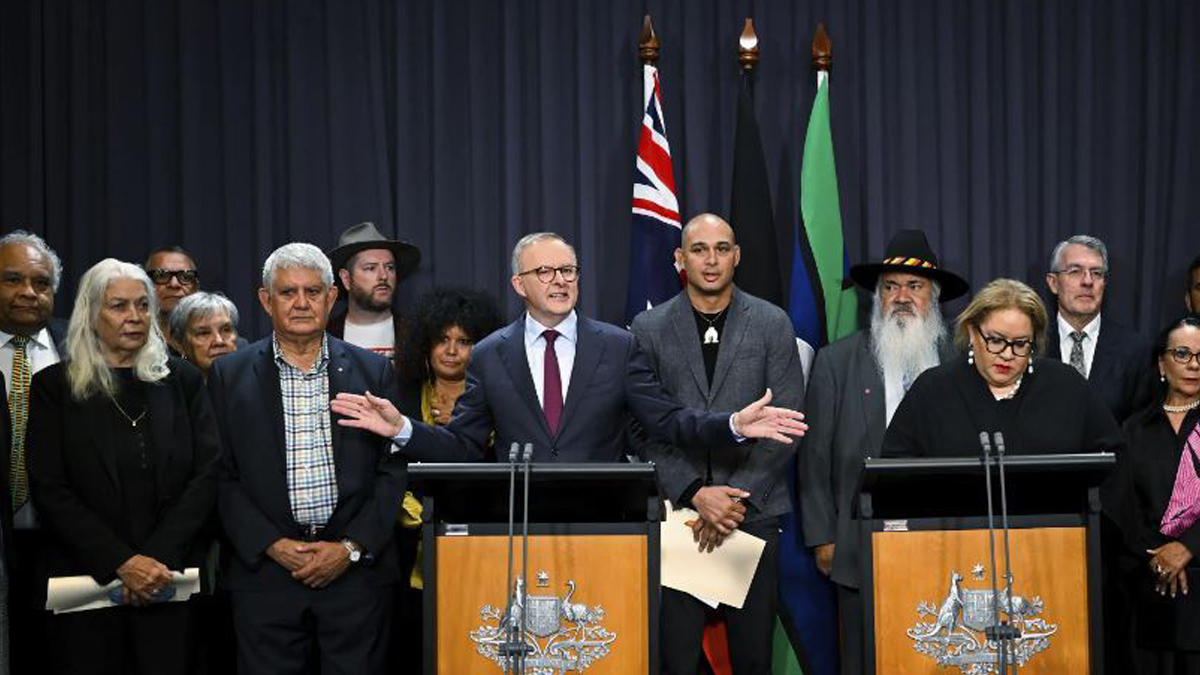
The Australian government on Thursday released the wording of a referendum question that promises the nation’s Indigenous population a greater say on policies that effect their lives.
Australians are expected to vote sometime between October and December on a constitutional amendment that would enshrine a new body called the Aboriginal and Torres Strait Islander Voice. The Voice would be an elected group charged with advocating Indigenous interests, but would not have a vote on laws.
An emotional Prime Minister Anthony Albanese said the body was needed to overcome Indigenous disadvantage.
“We urgently need better outcomes because it’s not good enough where we’re at in 2023,” Albanese told reporters.
The Voice was originally proposed by a group of Aboriginal and Torres Strait Islander advocates in 2017.
Megan Davies, an Indigenous lawyer who consulted with grassroots communities over years to develop the Voice proposal, described the decision on the referendum question as a historic day.
“When we ran the dialogues all over Australia, our people spoke about not being listened to and not being heard. They spoke about powerlessness and voicelessness,” Davies said.
“This prime minister, this government, has listened respectfully, genuinely, authentically,” she added.
Indigenous Australians from the Torres Strait archipelago, off the northeast coast, are culturally distinct from the mainland Aboriginal population. The two peoples account for 3.2% of the Australian population, and are the nation’s most disadvantaged ethnic group.
“On every measure, there is a gap between the lives of Aboriginal and Torres Strait Islander peoples and the national average,” Albanese said.
“A 10-year gap in life expectancy, a suicide rate twice as high, tragic levels of child mortality and disease, a massive overrepresentation in the prison population and deaths in custody, in children sent to out-of-home care,” he said.
“And this is not because of a shortage of goodwill or good intentions on any side of politics and it’s not because of a lack of funds. It’s because governments have spent decades trying to impose solutions from Canberra rather than consulting with communities,” he added. (AP)
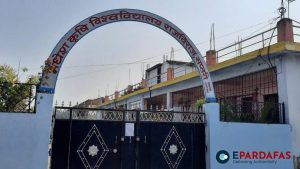

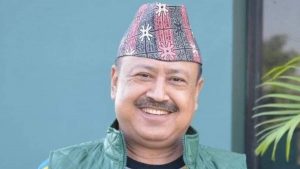
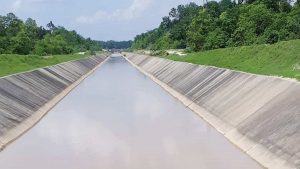
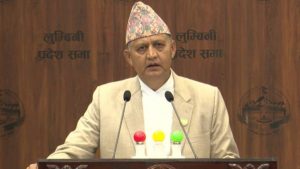
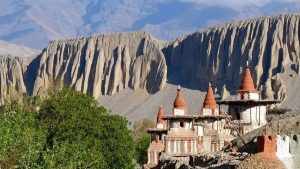

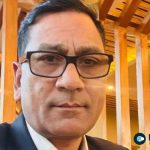



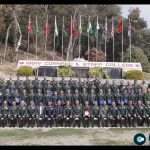
Comments